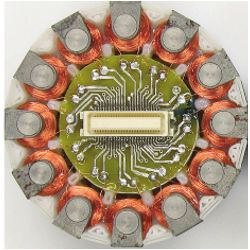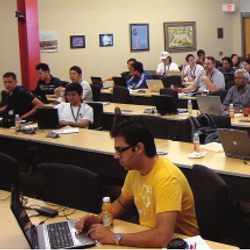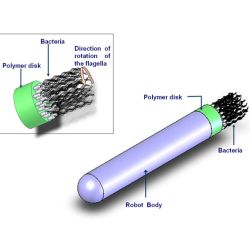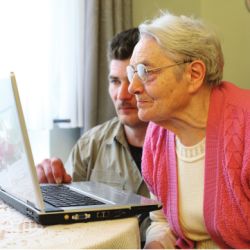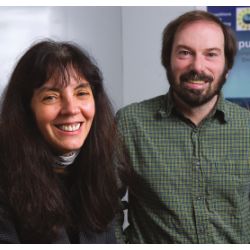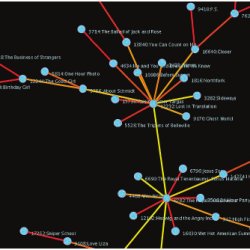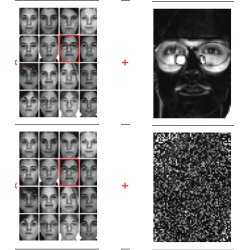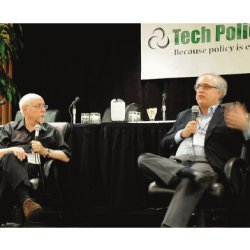News
Materials Restore Functionality in a Snap
New Ranking Algorithm Separates Digital Wheat from Chaff
Computer Science Meets Environmental Science
Smart Infrastructure Matches Supply and Demand
Competitions Aim to Create Interest in Cybersecurity
Cloud Computing Spurs New Encryption Solutions
Mining Virtual Worlds to Better nderstand Reality
IT Drives Policy – and Vice Versa
U.S. Unveils Cybersecurity Plan
How to Harness Petaflop Performance
Practice Makes Perfect, Even For Brain-Controlled Prosthetics
Shape-Shifting Material Suggests Morphable Hardware
Shape the Future of Computing
ACM encourages its members to take a direct hand in shaping the future of the association. There are more ways than ever to get involved.
Get InvolvedCommunications of the ACM (CACM) is now a fully Open Access publication.
By opening CACM to the world, we hope to increase engagement among the broader computer science community and encourage non-members to discover the rich resources ACM has to offer.
Learn More

